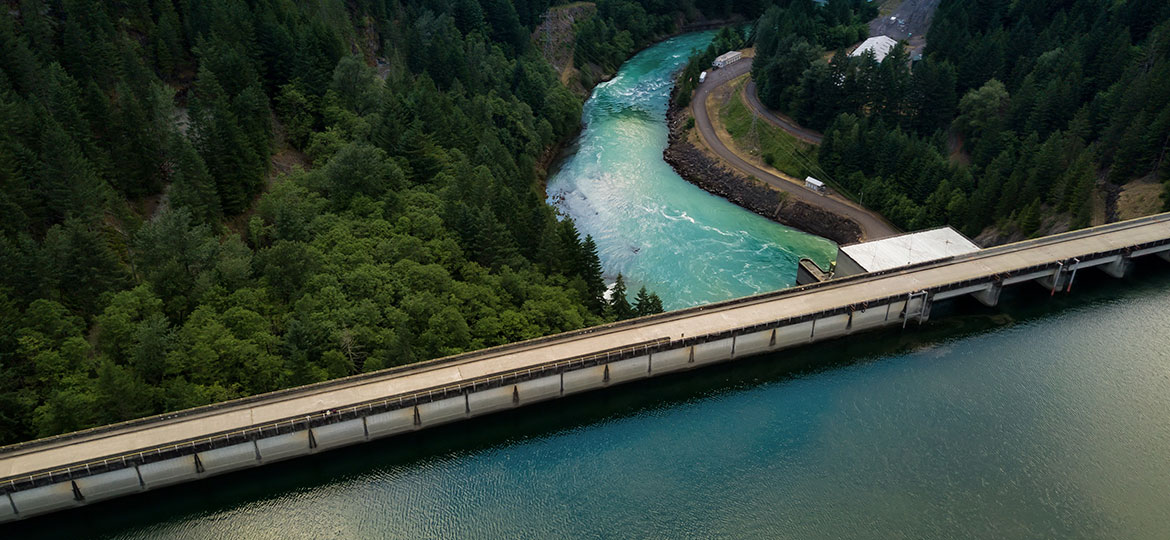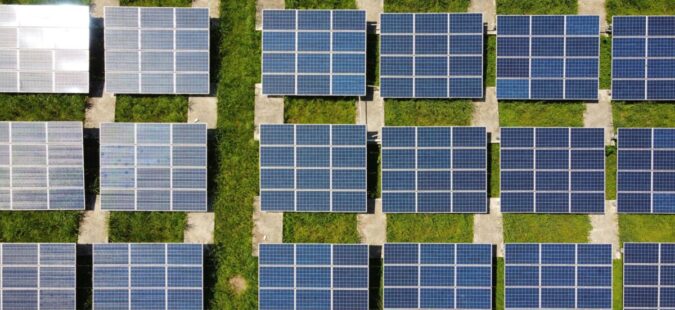
BENEFITS OF RENEWABLE ENERGY IN DRINKING WATER PRODUCTION
-
WATER AND ENERGY ARE VITAL FOR HUMAN WELLBEING AND SUSTAINABLE SOCIOECONOMIC DEVELOPMENT.
-
ALTHOUGH OVERLOOKED BY MANY AT FIRST, THE ROLE OF BOTH WATER AND ENERGY IN ACHIEVING ALL THE SDGS IS NOW WIDELY ACKNOWLEDGED.
Global demand for water and energy will continue to increase significantly in the coming decades to meet the needs of growing populations, growing economies, changing lifestyles and evolving consumption patterns. This will increase the pressure on scarce natural resources and ecosystems.
The challenge will be most acute in countries undergoingaccelerated transformation and rapid economic growth, especially where water resources are scarce, water-related infrastructure and services are inadequate, and modern energy services are underdeveloped.
Water and energy are strongly interrelated. Water is needed to produce, transport and use almost all forms of energy, and energy is needed for the extraction, treatment and distribution of water, as well as for its collection and treatment after use. Water and energy are also highly interdependent, and decisions taken in one area have direct and indirect consequences in the other. Decisions made in the areas of water and energy can also have an impact on other sectors, and vice versa. These interrelationships and interdependencies are at the heart of what is known as the “water-energy nexus”.
The major regional and global crises (climate, food, energy and financial crises) that threaten the livelihoods of many are interrelated through the water-energy nexus. People who lack access to water and sanitation are also likely to lack access to electricity.
Investment in water and energy infrastructure is, therefore, essential to achieve more modern and resilient societies, and to improve quality of life. Furthermore, the development of sustainable facilities, non-conventional water and renewable energy helps to prevent environmental degradation, whilst promoting the transition to a circular economy.
The main challenge for water treatment plants has always been the great quantity of electricity needed to extract, treat, convey and reuse water. The arrival of cutting-edge renewable energy technologies would appear to be a considerable advantage in this respect. Solar, wind and geothermal energy technologies, amongst others, are currently helping to bring water to more people around the world, and in a clean and sustainable way.

Moreover, we now have tidal energy, a new renewable energy linked to the sea, in which water is the main engine. This energy is based on harnessing the tidal movement of seawater produced by the gravitational action of the sun and the moon. It is a clean source of energy which does not produce greenhouse gases or other pollutants, and one which produces electricity constantly and reliably.
Neither should a renewable energy that we have been using since the existence of electricity be overlooked, hydroelectric energy. Technological advances make it possible to obtain electricity from watercourses with very diverse characteristics, in addition to large-scale conventional hydroelectric generators. According to the Spanish Institute for Diversification and Saving of Energy (IDAE) manual on mini-hydroelectric power plants, the average annual production of hydroelectric energy worldwide is 2,600 TWh, approximately 19% of all electrical energy produced. Like other renewable energies, hydroelectric energy has the benefit of being indigenous, clean and inexhaustible.
Let us begin from the premise that water, looked at holistically, is a source of energy, which, through the implementation of turbines and new renewable energies, can be said to be 100% clean. In some arid countries, where very little water is available, seawater desalination may be the most energy-intensive industrial activity. The use of sustainable energy rather than fossil fuels to power treatment processes is therefore an attractive alternative. Combined energy and desalination plants (also known as hybrid desalination plants) are infrastructures that produce drinking water and electricity. Such plants, powered by clean energy, improve the efficiency and reduce the costs of desalinated water production.

In the wastewater market, the fact that wastewater is nowbeing recognised as a potential source of energy and not just as a waste stream is a major leap forward. In many countries, water utilities are working to become energy neutral by generating the energy required for their operations.
In general, renewable energies help to meet the need for resources sustainably. Thanks to their inherent characteristics, these technologies offer sustainable solutions that avail of synergies between the energy and water sectors, thereby improving resource efficiency, fostering economic development and benefiting communities. Renewable energy also provides other benefits:
- It reduces dependence on fossil fuels, which increases energy security, and improves the reliability and security of water and energy supply chains.
- It lowers the costs of services, thus increasing access to water and energy.
- It enables more efficient resource management.
- It improves access to water and energy in remote areas, generating positive impacts throughout the economic value chain.
- It enables better access to modern energy services.
- It reduces carbon footprint in all sectors.
- It opens up new opportunities for green economies.
The need to reduce costs and use resources more efficiently is assuming ever greater importance all over the world. In some places, finding the right technologies and techniques could change the lives of millions of people practically overnight.
Renewable energy is a game changer in its own right, but when combined with processes to obtain drinking water, the benefits are extraordinary. From lower utility prices in the suburbs to efficient and scalable water infrastructure, even in the most impoverished towns and cities, clean energy has positive implications for everyone. The social and economic benefits of accelerating transitions to clean energy are enormous, and the costs of inaction are immense. The effects of climate change, now almost universally acknowledged, further compound these challenges. Resilience to natural disasters and the quest for more affordable and sustainable municipal services are driving investment in renewable energy products for drinking water production.


